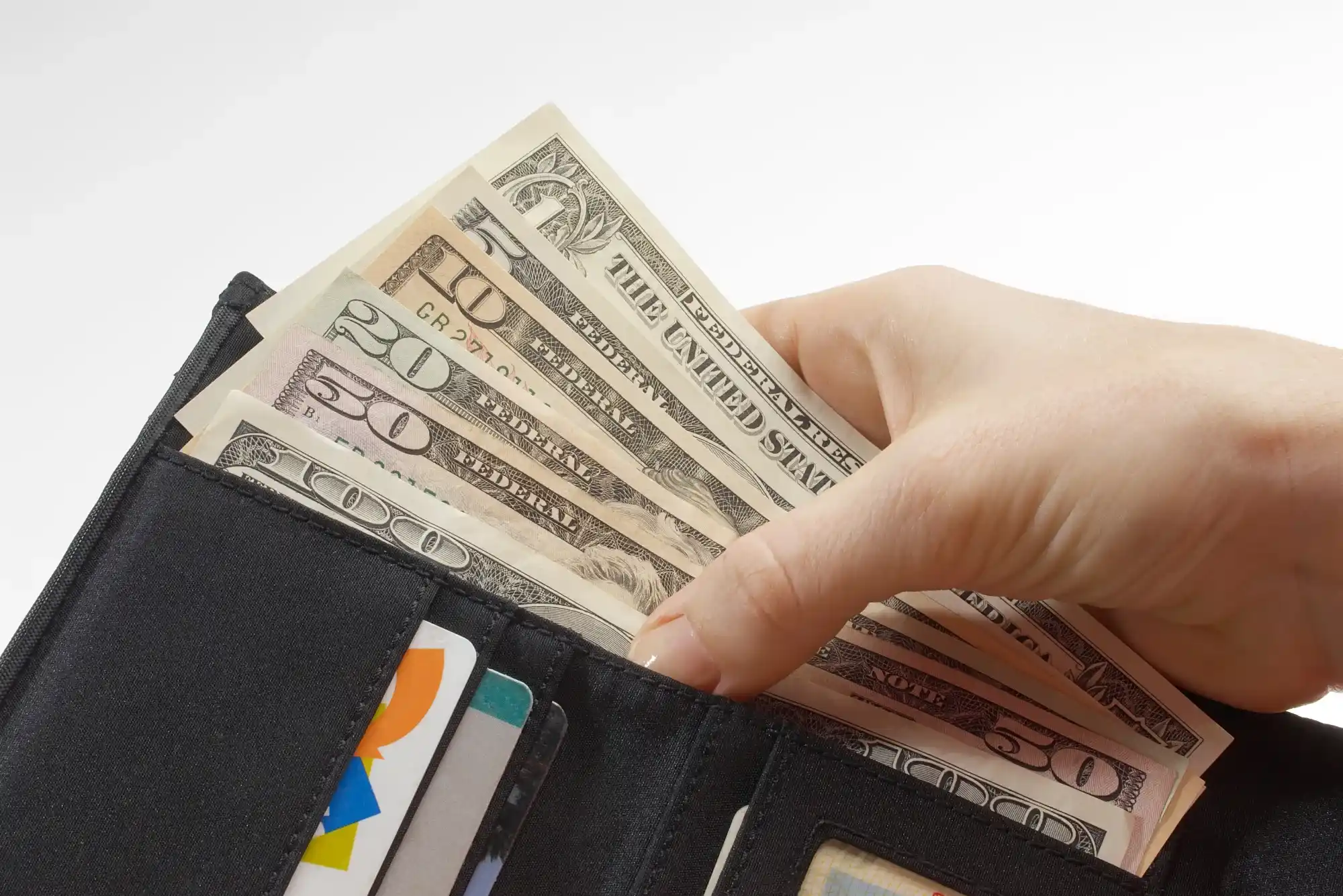In the modern gambling world, responsibility is just as important as entertainment. While casinos have always been about excitement, today there’s a growing emphasis on making sure players can enjoy their favorite games without falling into unhealthy patterns. This is where responsible gambling tools come into play. But how do these tools actually work in practice, and do they really make a difference? Having spent years researching the gambling industry and speaking with both players and operators, I can say that these tools are far more than marketing gimmicks—they’re essential for keeping gambling fun, safe, and sustainable.
The Concept of Responsible Gambling
At its core, responsible gambling is about balance. It’s the idea that players should enjoy games as a form of entertainment, not as a way to chase losses or build financial security. The rise of online gambling has made access easier than ever, but it has also increased the risks of problem gambling. To counter this, regulators and casinos have introduced mechanisms designed to protect players from harm.
Responsible gambling tools are digital features that give players greater control over their habits. From self-exclusion options to spending limits, these tools are integrated into casino platforms and apps, ensuring players can set boundaries before things get out of hand. For anyone wondering whether these tools actually help, the answer is yes—if used properly.
Types of Responsible Gambling Tools
One of the most common features is deposit limits. Players can decide how much money they want to allow themselves to put into their account on a daily, weekly, or monthly basis. Once the limit is reached, the system blocks additional deposits until the next cycle. This prevents impulsive top-ups when emotions are running high.
Another powerful tool is time-out or cooling-off periods. These allow players to take short breaks from gambling—typically 24 hours, a week, or a month. During this time, accounts remain inaccessible, giving players a chance to reset their mindset.
Perhaps the most well-known mechanism is self-exclusion. This is a longer-term solution, often lasting six months to several years. Once a player opts in, their access to gambling sites is blocked, and they cannot create new accounts during the exclusion period. Self-exclusion systems like GamStop in the UK make this process centralized, applying restrictions across all licensed operators.
The Psychology Behind the Tools
These tools work not only because they impose restrictions but also because they introduce a psychological barrier. For example, setting a spending limit before you start playing forces you to acknowledge your budget and creates a clear line you don’t want to cross. Similarly, a time-out period breaks the cycle of chasing losses, giving players the breathing space they need to make rational decisions.
The effectiveness of these tools lies in interrupting impulsive behavior. Gambling addiction often thrives on spur-of-the-moment decisions—one more spin, one more hand, one more deposit. By adding friction, these tools disrupt unhealthy patterns and promote mindful gambling.
The Role of UK Casinos Not on GamStop
While regulated UK casinos integrate tools like GamStop, there’s also a growing discussion around UK casinos not on gamstop. These platforms cater to players who prefer not to be part of the national self-exclusion scheme. On one hand, they provide flexibility and access to a wider range of games. On the other, they pose challenges because they don’t fall under the same centralized responsible gambling framework.
It’s important to understand that while such casinos may still offer their own responsible gambling tools, the level of protection varies. Some have robust features, while others may lack comprehensive safeguards. For players, this means taking extra responsibility for setting their own limits and maintaining self-awareness.
Do These Tools Really Work?
The effectiveness of responsible gambling tools largely depends on how they’re used. Deposit limits, for example, only work if players set realistic thresholds. A player who sets a high limit may not benefit from the restriction, while someone who takes time-outs at the right moment can significantly reduce the risk of harmful behavior.
Research shows that players who actively use responsible gambling tools are more likely to maintain control and avoid serious problems. However, tools alone are not a magic fix. Education, awareness, and personal discipline remain equally important. Casinos can provide the framework, but the decision to engage responsibly still lies with the player.
Real-World Applications and Experiences
Over the years, I’ve spoken to players who credit these tools with saving them from financial and emotional distress. One individual shared that setting strict deposit limits prevented him from draining his paycheck during a rough period. Another said that a six-month self-exclusion gave her the space she needed to reassess her relationship with gambling entirely.
Operators, too, have reported positive outcomes. Many now employ data-driven monitoring systems that flag unusual behavior, such as sudden increases in spending or session length. These systems allow customer service teams to step in and offer support, often before the player realizes they’re heading toward risky behavior.
The Future of Responsible Gambling Tools
Technology continues to evolve, and with it, the potential for even more effective tools. Artificial intelligence and machine learning are being developed to personalize responsible gambling interventions. Instead of generic reminders, players may soon receive tailored advice based on their unique habits. For example, if a system detects late-night binge sessions or erratic spending, it could trigger an automatic cool-off period or prompt a well-timed notification.
The future may also bring more transparency. Players could receive detailed breakdowns of their gambling activity—time spent, money wagered, and patterns of behavior—similar to how fitness apps track exercise. This data-driven approach empowers players with greater self-awareness.
Why Awareness Matters
The conversation around responsible gambling tools is more than just industry talk—it’s about real people and real consequences. Problem gambling doesn’t just affect the player; it impacts families, careers, and mental health. By making these tools widely available and encouraging their use, casinos are taking steps toward creating a healthier gambling culture.
For players, awareness is the first step. Understanding that these tools exist, knowing how they work, and being willing to use them can make all the difference. While the temptation of chasing jackpots or spending a little more “just this once” will always exist, responsible gambling tools act as a safety net that can prevent short-term decisions from leading to long-term regret.
Final Thoughts
Responsible gambling tools are not perfect, but they are powerful allies in maintaining control and keeping gambling enjoyable. They work by setting boundaries, interrupting harmful behavior, and promoting awareness. Whether you’re playing at a highly regulated UK casino or exploring platforms outside GamStop’s reach, the key is to recognize the value of these tools and make them part of your gaming experience.
At the end of the day, gambling should always be about entertainment—not stress, debt, or addiction. With the right tools, players can ensure the thrill of the game stays safe, sustainable, and, most importantly, fun.










